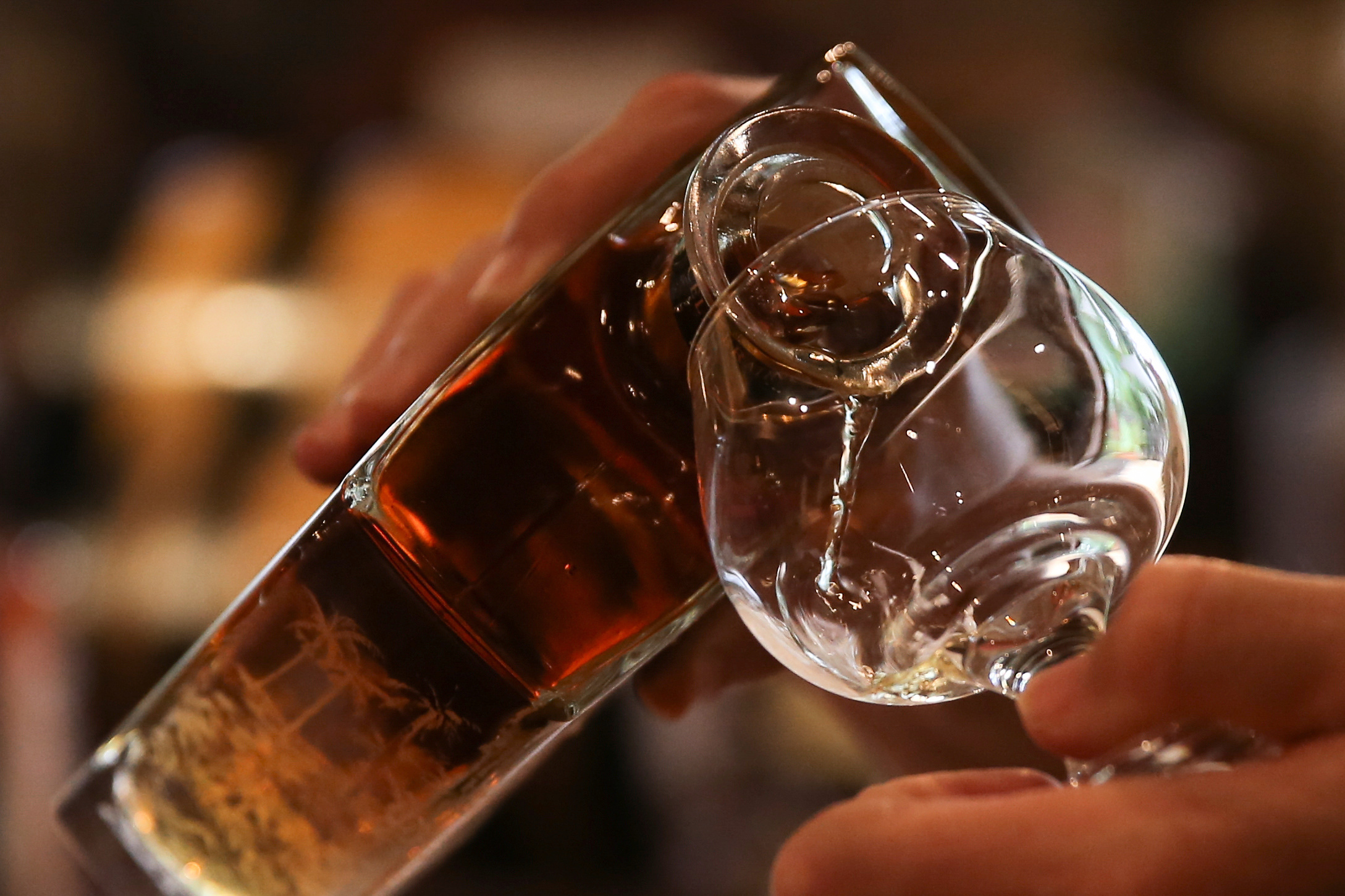
views
 It was the 17th century. European colonisers didn’t know all hell would break loose over the Atlantic, when they began to cultivate sugarcane over a few Caribbean islands scattered over the ocean.
It was the 17th century. European colonisers didn’t know all hell would break loose over the Atlantic, when they began to cultivate sugarcane over a few Caribbean islands scattered over the ocean.
Sugar went harmless.
Rumbullion, kill-joy, later known widely as rum was born.
Europe changed its drinking habit, but what changed irremediably was the waters between Europe and the Caribbean. As the craving for sugar and rum grew in the continent, more slaves were needed for work. With the arrival of shiploads of slaves from Africa, trade flourished over the Atlantic and Pacific. With trade, came the fight among colonisers over the merchandise from the New World.
Privateers commissioned by various countries for looting enemy ships, and eventually pirates who ran by their own laws, began to teem the waters, and trade across the Atlantic became a tricky affair for everyone. “Fifteen men on the dead man’s chest
Yo ho ho and a bottle of rum!”

Blackbeard wore a sling over his shoulders from which hung three pistols. Records say he wore a beard of extravagant length. He braided it with ribbons and in times of action, he stuck lighted matches in it and also behind his ears that gave him the very look of the devil.
Even when Blackbeard was finally put down by an army sent by the Governor of Virginia, Alexander Spotswood, after a fierce battle, he didn’t take his dying meekly. It was only after receiving 25 slashes, including five from gun shots, that Blackbeard came down to his knees.
His head was cut off and slashed to the prow of a ship. It was a death knell to a spectre that haunted the ocean for many years. Legends say that his skull was later brought to a tavern in Virginia to be used as a drinking bowl until the beginning of the 20th century.
So the next time you hold a glass of rum, listen before you quaff it. You could perhaps pick up from it, the rumble of oceans, drinking songs of slaves working in the Caribbean, and the war cries of pirates. No wonder even if you see the faint flicker of those burning matches that once set a long beard alight.















Comments
0 comment